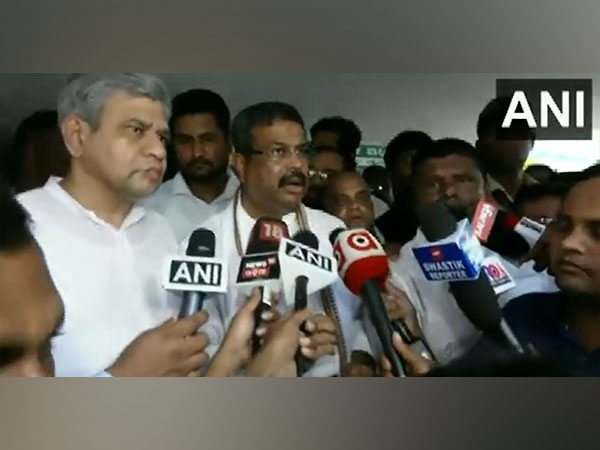After West Bengal Chief Minister Mamata Banerjee questioned the Railways over absence of ‘Kavach’ system citing it as the reason behind the Balasore triple train tragedy, Railway Minister Ashwini Vaishnaw on Sunday said that the accident has nothing to do with anti-collision system.
Mamata Banerjee arrived the accident site in Balasore on Saturday to take stock of rescue operations and questioned why the Centre’s ‘Kavach’ system was missing from the track of the collision.
Kavach is an indigenous Train Collision Avoidance System (TCAS) developed by the Ministry of Railways.
Vaishnaw while speaking to ANI said that the accident happened due to a change in electronic interlocking.
“It has nothing to do with Kavach. The reason is not what Mamata Banerjee said yesterday. This incident happened due to a change in electronic interlocking,” the Railway Minister told ANI.
“This is an entirely different issue, it involves point machine, electronic interlocking. The change that occurred during electronic interlocking happened due to it. Whoever did it and how it happened will be found out after a proper investigation,” he added.
Mamata Banerjee who was the Railway Minister twice termed the incident the “biggest railway accident of the 21st century” and said that this would not have happened if Kavach system was present.
“Coromandel is one of the best express trains. I was the Railway Minister thrice. From what I saw, this is the biggest railway accident of the 21st century. Such cases are handed over to Railway’s safety commission and they investigate and give a report…There was no anti-collision device on the train, as far as I know. Had the device (Kavach) been on the train, this would not have happened…The dead can’t be brought back but now our work is rescue operation and restoration of normalcy,” the West Bengal Chief Minister said on Saturday.
The Railway Minister further said that the focus on the restoration target is to finish the work by Wednesday morning.
“The commissioner of railway safety has investigated the matter and let the investigation report come but we have identified the cause of the incident and the people responsible for it… It happened due to a change in electronic interlocking. Right now our focus is on restoration,” said Ashwini Vaishnaw.
The Balasore train accident where two passenger trains and a goods carriage were involved, claimed the lives of 288 passengers dead and injured over 1,000 people.
The Indian Air Force (IAF) deployed Mi-17 helicopters for the evacuation of the deceased and injured. According to the Eastern Command, IAF coordinated the rescue efforts with the civil administration and Indian Railways.
The preliminary report on the tragedy said the three-way accident involved Bengaluru-Howrah Superfast Express, the Coromandel Express and a goods train on three separate tracks at Bahanaga Bazar Station in Balasore district. As many as 17 coaches of these two passenger trains were derailed and severely damaged in the accident on Friday evening. (ANI)
Read More: lokmarg.com

